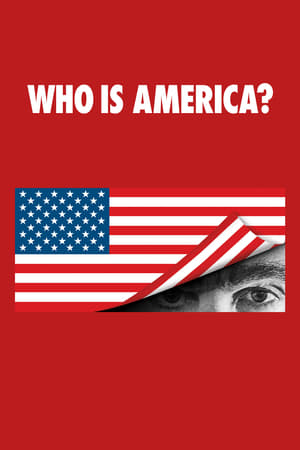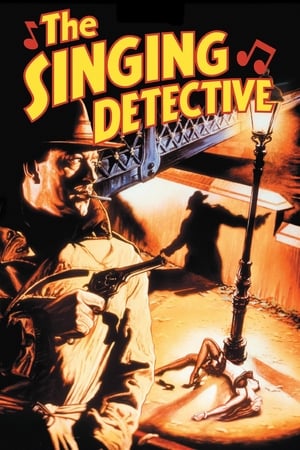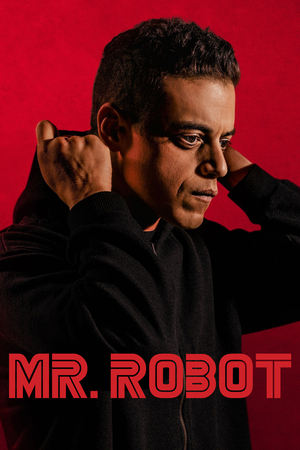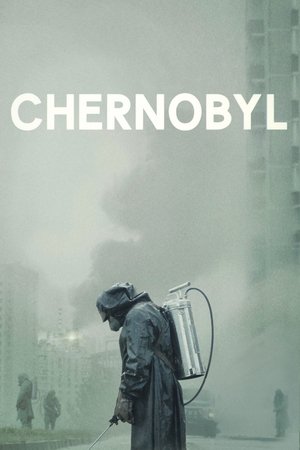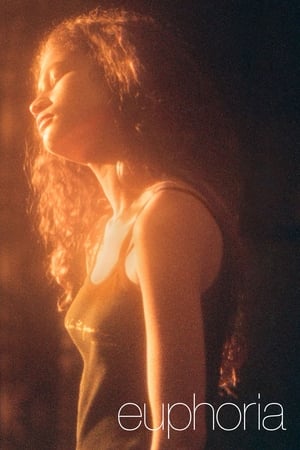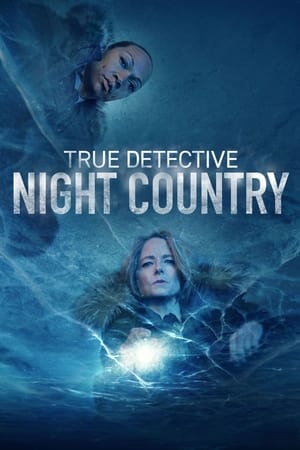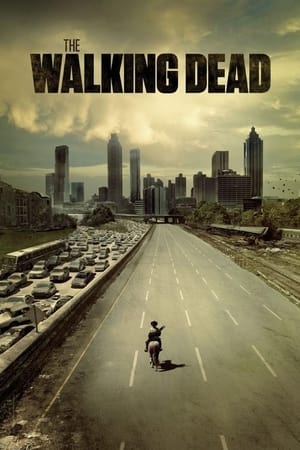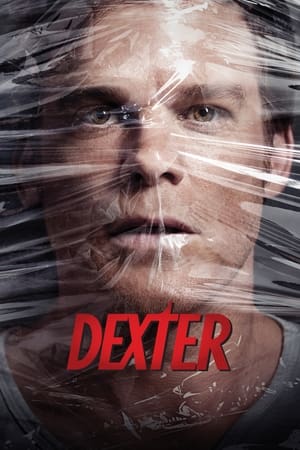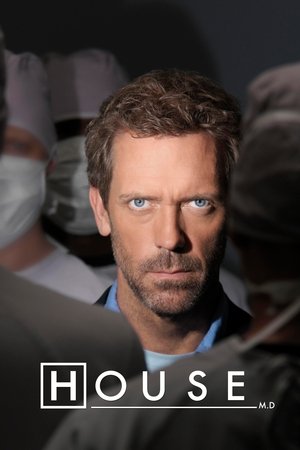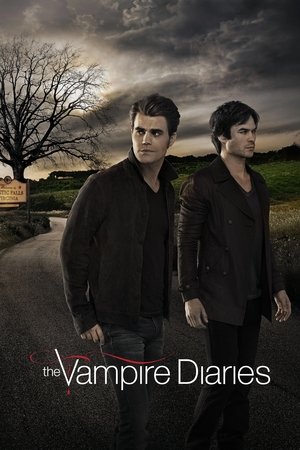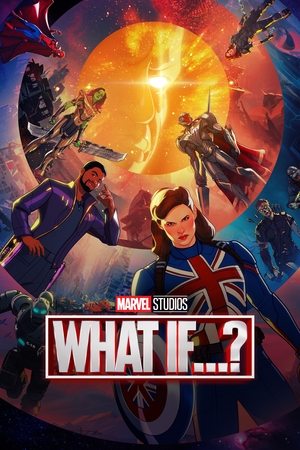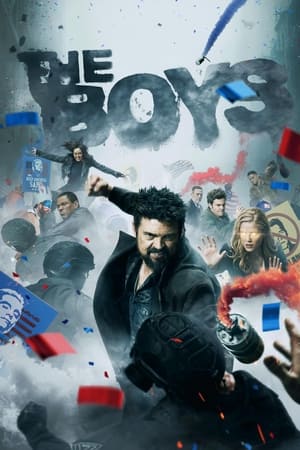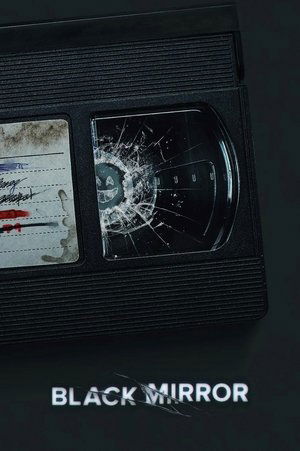Manuel on the Island of Wonders
This three part French TV serial for children (alternate versions exist as a feature, Manoel’s Destinies, and a 4 part Portuguese TV serial, Adventure in Madeira) is the favourite of many devotees of Raúl Ruiz. This is because it ties the enchantment and mystery of Lewis Carroll, Carlo Collodi and the Brothers Grimm to the filmmaker’s experiments with narrative strategies and what he calls the pentaludic model of storytelling (where characters are thrown dice-like into combinations and situations governed by the play of Chance and Destiny).
Type: tv
Season: 1
Episode: N/A
Duration: N/A minutes
Release: 1984-01-01
Rating: 6.889
